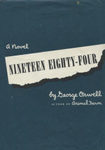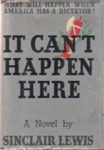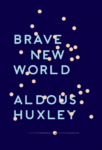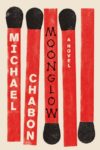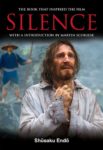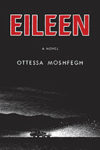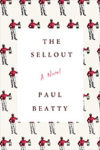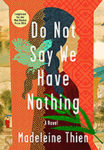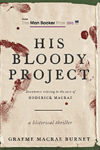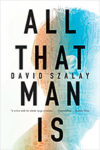Colbert Loves Saunders
Thursday, February 16th, 2017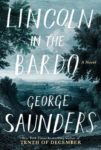 Calling him “quite possibly my favorite living author,” Stephen Colbert hosted George Saunders on The Late Show yesterday to discuss his debut novel, Lincoln in the Bardo (PRH/RH; RH Audio/BOT; Overdrive Sample).
Calling him “quite possibly my favorite living author,” Stephen Colbert hosted George Saunders on The Late Show yesterday to discuss his debut novel, Lincoln in the Bardo (PRH/RH; RH Audio/BOT; Overdrive Sample).
Colbert asks why, after a successful career writing short stories, Saunders wanted to write a novel. He decided to try his hand, he replies, because he had heard a story about president Lincoln holding the body of his dead son in a graveyard crypt and could not get it out of his mind.
Colbert calls the novel “heartbreaking” even as he jokes about all the white space on the page, caused by the line breaks between the 166 speakers in the novel (which led to the audio with a celebrity-studded cast of an equal number of narrators. In addition, the NYT has created a virtual reality adaptation).
The two also talk about the concept of the bardo, a space of transition where. Saunders explains. all the regrets, issues, and concerns one has while living are magnified and must be worked through before a soul can move on.
The book been racking up an impressive number of rave reviews, as tracked by Book Marks. In a NYT Book Review cover piece Colson Whitehead says:
“It’s a very pleasing thing to watch a writer you have enjoyed for years reach an even higher level of achievement … George Saunders pulled that off with The Tenth Of December, his 2013 book of short stories. How gratifying and unexpected that he has repeated the feat with Lincoln in the Bardo, his first novel and a luminous feat of generosity and humanism.’’
Check your holds. After a slow start they are climbing in several systems.



